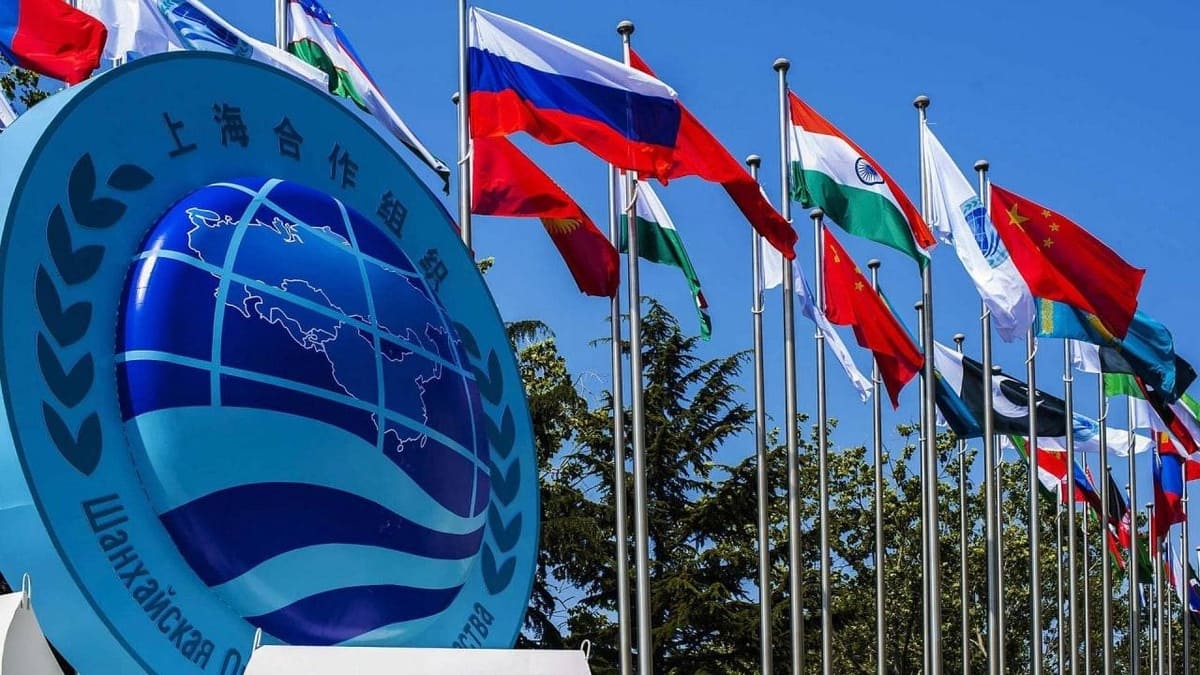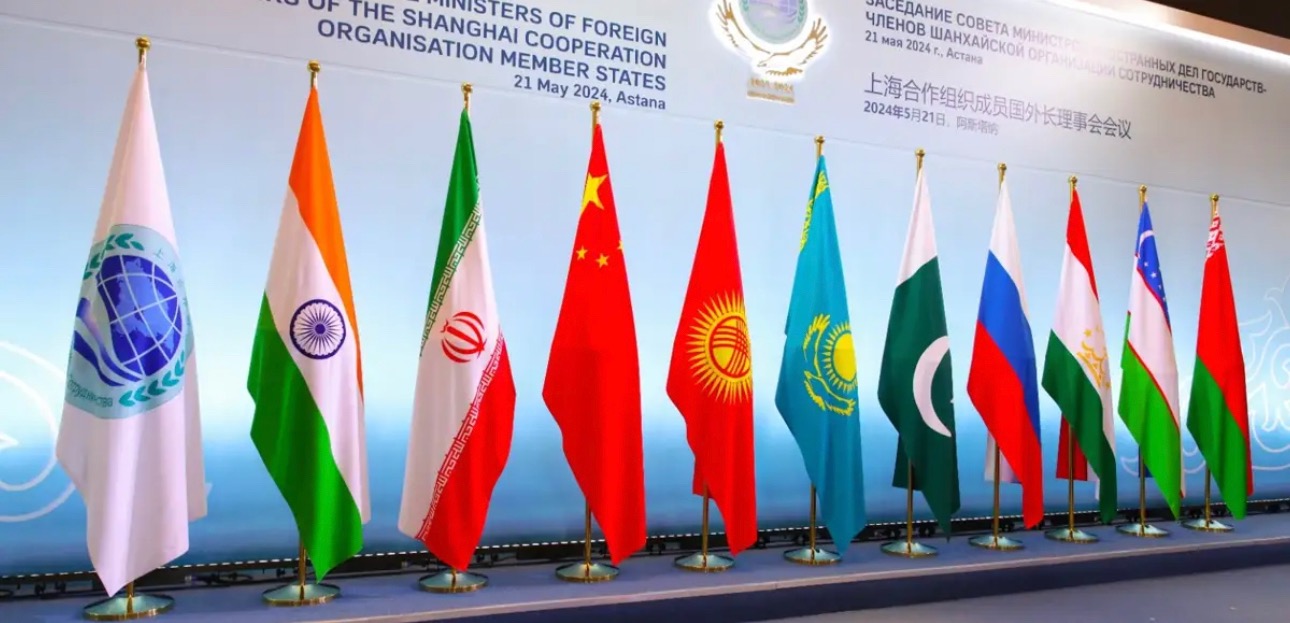In recent years, the Shanghai Cooperation Organization (SCO) has undergone significant changes, broadening its strategic scope beyond its original security and economic focus. The latest development came on July 4, 2024, when Belarus joined the SCO as its newest member during the Astana summit, marking a milestone in the organization's growth and expansion.
An article authored by Odil Gafarov, Associate Research Fellow and published in the Institute for Advanced International Studies, provided insights into these developments, highlighting the profound changes within the SCO and the challenges and opportunities that lie ahead.

Originally established to address regional security and economic issues among the "Shanghai Five" countries, the SCO has evolved into a major global entity encompassing over 35mn square kilometers and representing more than 3.5bn people. With 26 member states at varying levels of engagement, the SCO now plays a pivotal role on the global stage.
The SCO's Charter stresses its commitment to regional peace, security, and stability, countering terrorism, separatism, and extremism, and fostering economic growth and humanitarian initiatives. Historically, the organization has been perceived by some analysts as a military bloc or a platform for a multipolar world order. However, since its expansion in 2017, the SCO has increasingly shifted its focus to cultural, humanitarian, logistical, and environmental issues, reflecting internal disagreements and the complexities of reconciling diverse interests within its enlarged membership.
One of the most pressing challenges the SCO faces is adapting its original framework, designed for a smaller group, to its current size. Uzbek President Shavkat Mirziyoyev highlighted these challenges during the Astana Summit, noting the fragmented nature of trade and economic collaboration among member states. He suggested that addressing these issues might require new financial institutions, such as the long-discussed SCO Development Bank.

The SCO has made strides in security cooperation, with the establishment of the Regional Anti-Terrorist Structure (RATS) and joint military drills like "Peace Mission" and "Counter-Terrorism." However, the inclusion of India and Pakistan has introduced complexities, particularly given their tense relations. The organization has struggled with border conflicts among members, such as the 2020 Sino-Indian clash and the 2022 Kyrgyz-Tajikistan border dispute, highlighting the limitations of its consensus-based decision-making process.
Economic development remains a central focus, with China spearheading efforts to boost investment and trade through frameworks like the Interbank Consortium (IBC) and the Business Council. Despite these efforts, many initiatives have faced resistance and have not achieved the desired outcomes. The concept of an SCO Development Bank, proposed by Chinese Premier Wen Jiabao, has been stalled due to disagreements between China and Russia over governance and contributions.
The proposed SCO Development Bank could play a crucial role in addressing the growing infrastructure investment needs in Asia, as highlighted by the Asian Development Bank’s 2023 report. For the SCO to fully realize its potential, it will need a robust financial mechanism with a new governance structure, balancing decision-making and ensuring operational autonomy.
As the SCO continues to evolve, it faces a critical juncture in its development. The organization's ability to adapt to new realities, address internal challenges, and explore innovative financial mechanisms will determine its future influence and effectiveness on the global stage.
Follow Daryo's official Instagram and Twitter pages to keep current on world news.
Comments (0)